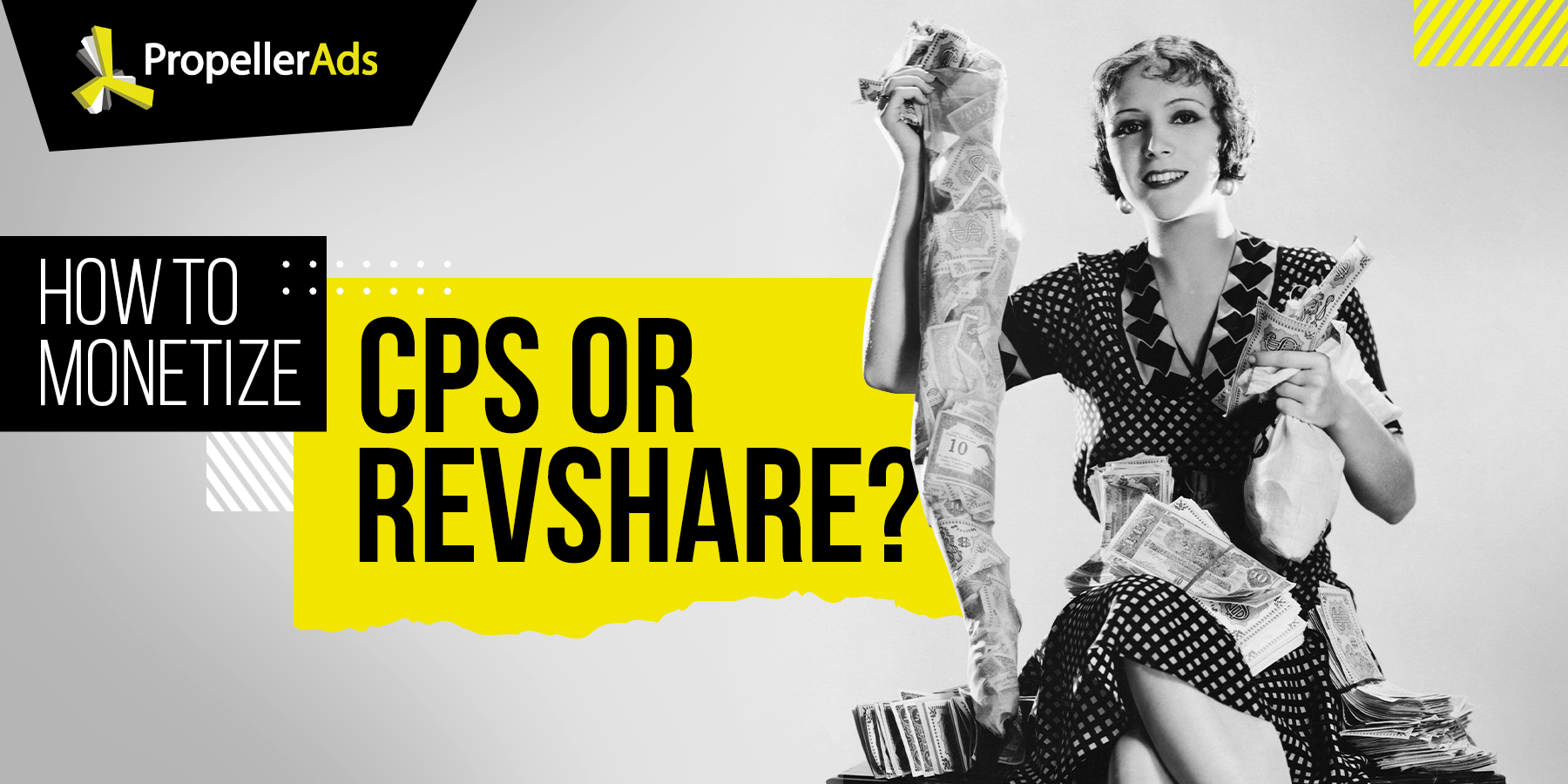Payment Models in iGaming Affiliate Marketing

This post is also available in:
PT
ES
If you’re looking to capitalize on the lucrative opportunities the iGaming industry, you need to understand all the different iGaming affiliate marketing payment models.
In essence, these payment models determine how you, as an affiliate, will be compensated for your efforts in driving traffic and generating conversions for iGaming operators. Each model comes with its own set of advantages and considerations, and choosing the right one can significantly impact your earnings and overall success.
In this guide, we’ll talk about the most common payment models in iGaming affiliate marketing, explore their pros and cons, and equip you with the knowledge to make informed decisions for your business.
Let’s start with the Revenue Share model. In this arrangement, you, as the affiliate, earn a percentage of the net revenue generated by the users you refer to the iGaming operator.
The biggest perk of RevShare is the potential for long-term, passive income. As long as the users you refer remain active and continue generating revenue for the operator, you’ll keep earning a share of their profits.
However, there’s a flip side to this model. Your earnings are directly tied to the user’s activity. If they’re not playing or winning, your commissions will be lower. Additionally, some RevShare deals include negative carryover, meaning if a user has a particularly lucky streak and wins big, your earnings could be impacted in the following month.
So, when is RevShare the right choice? It’s ideal for affiliates who:
- Focus on building long-term relationships with users
- Promote high-value users who are likely to generate significant revenue over time
- Are comfortable with some level of risk and fluctuation in earnings
If you have a knack for attracting and retaining loyal users, RevShare can be a very rewarding payment model.
Cost Per Acquisition (CPA)
Now, let’s explore the Cost Per Acquisition (CPA) model, where you, the affiliate, receive a fixed payment for every qualified action taken by a user. These actions could include:
- Registration: A user creates a new account on the iGaming platform through your affiliate link.
- Deposit: A user makes their first deposit on the platform.
- First Wager: A user places their first wager on a game or sport.
The beauty of CPA is its simplicity and immediate gratification. You know exactly how much you’ll earn for each successful referral, making it easy to calculate your potential earnings and track your progress. There’s no waiting for users to generate revenue over time – you get paid upfront for your efforts.
However, CPA also has its drawbacks. Compared to RevShare, the potential for long-term earnings is limited, as you only receive a one-time payment for each action. Additionally, CPA deals often come with stricter qualification criteria to prevent fraudulent activity, which can impact your conversion rates.
So, when is CPA the right choice? It’s a great option for affiliates who:
- Prefer immediate payouts and predictable earnings
- Are confident in their ability to drive high-quality traffic and conversions
- Promote offers with high conversion rates and low user churn
If you’re focused on quick wins and have a knack for attracting action-oriented users, CPA can be a lucrative payment model.
First-Time Deposit (FTD)
The First-Time Deposit (FTD) model is a variation of CPA that focuses specifically on incentivizing new users to make their first deposit on the iGaming platform. In this model, you, as the affiliate, earn a commission based on the amount of the user’s initial deposit.
The main advantage of FTD is its clear focus on acquiring new depositing users. It encourages you to target your marketing efforts toward attracting users who are not only interested in signing up but also ready to commit financially to the platform. This can be particularly beneficial for iGaming operators who are looking to grow their active user base.
However, FTD also has its limitations. The commission rates are typically lower than RevShare, and your earnings are solely dependent on the initial deposit amount, regardless of the user’s future activity on the platform.
So, when is FTD the right choice? It’s well-suited for affiliates who:
- Prioritize acquiring new depositing users
- Have effective strategies for targeting and converting high-value users
- Are comfortable with a focus on short-term gains over long-term revenue potential
If your strengths lie in driving new user registrations and encouraging initial deposits, FTD can be a valuable addition to your affiliate marketing iGaming toolkit.
Hybrid iGaming Affiliate Marketing Models: The Best of Both Worlds
If you’re looking for a payment model that combines the benefits of both RevShare and CPA, hybrid models might be your ideal solution. These models typically offer a blend of upfront CPA payments for specific actions (e.g., registration, deposit) and a recurring RevShare commission based on the user’s ongoing activity.
The main advantage of hybrid models is their flexibility and potential for higher overall earnings. You receive immediate payouts for initial actions, providing a sense of security and predictable income. At the same time, you also benefit from the long-term revenue potential of RevShare, as you continue to earn a percentage of the user’s net revenue.
However, hybrid models can be more complex to understand and manage compared to single payment models. The commission structures and qualification criteria can vary significantly, requiring careful analysis and negotiation with the iGaming operator.
So, when are hybrid models the right choice? They’re a good fit for affiliates who:
- Have experience in iGaming affiliate marketing and are comfortable with more complex arrangements.
- Are trying to strike a balance between upfront payments and long-term earnings potential.
- Are willing to negotiate and customize their commission structures based on their specific goals and risk tolerance.
If you’re looking for a flexible and potentially lucrative payment model that combines the best of both worlds, hybrid models are worth exploring.
Other Payment Models in iGaming Affiliate Marketing
While RevShare, CPA, FTD, and Hybrid models dominate the iGaming affiliate marketing landscape, there are a few other payment models worth mentioning:
- Cost Per Lead (CPL): In this model, you earn a commission for each qualified lead you generate, typically defined as a user who completes a specific action, such as filling out a registration form or signing up for a newsletter. CPL can be useful for iGaming operators who want to build their email lists or gather user data for future marketing efforts.
- Cost Per Install (CPI): This model is commonly used for mobile app promotions. You earn a commission for each user who installs the iGaming app through your affiliate link. CPI is effective for driving app downloads and expanding the operator’s user base.
Conclusion
It doesn’t matter whether you prefer RevShare’s long-term potential, CPA’s upfront rewards, FTD’s focus on new users, hybrid models’ flexibility, or CPL or CPI’s niche opportunities; there’s a payment model out there that aligns with your goals and risk appetite.
Remember, the key is to carefully consider your strengths, target audience, and desired outcomes when choosing a payment model. So, take the time to research, analyze, and compare different iGaming affiliate programs and their payment models.
Come join us on Telegram for more insights and communications with fellow-affiliates!







